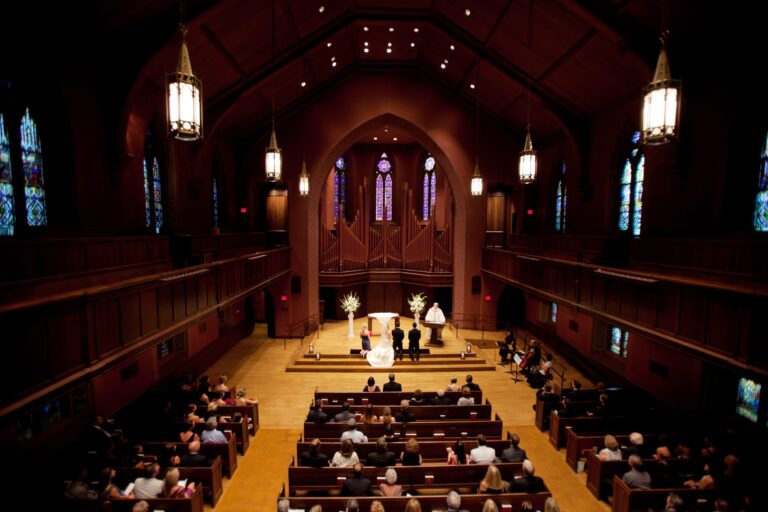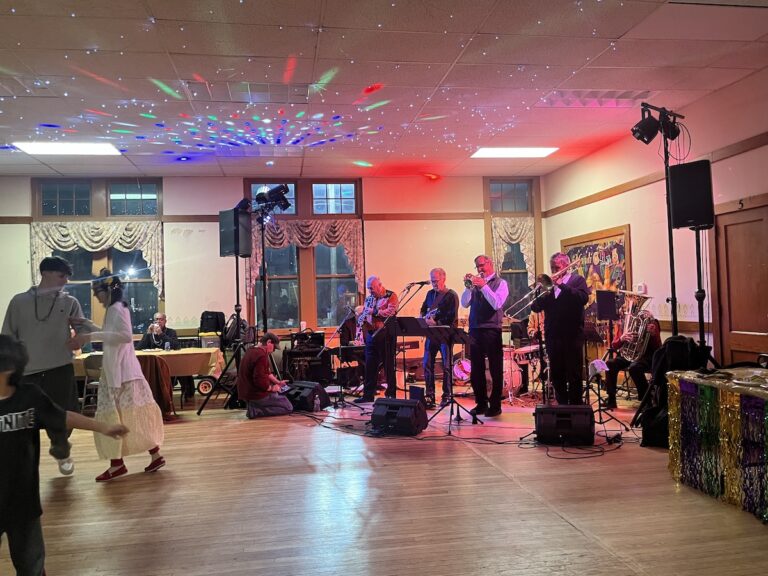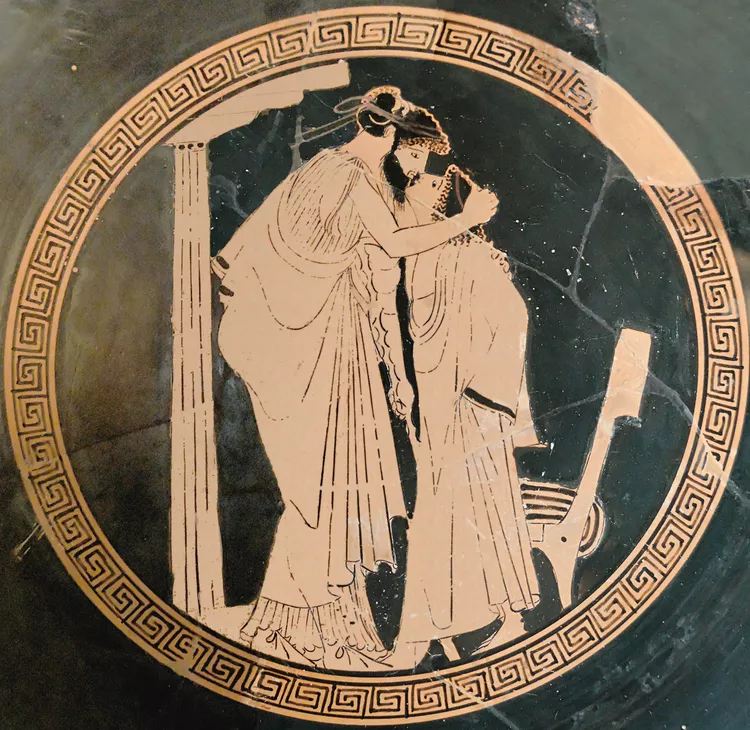Womanist House
At Womanist House, located at 44 Brainerd Avenue, nine Wesleyan students are dedicated to learning and teaching the principles of the 1980s womanism movement. Although the movement has been around for decades, very few people have even heard of the term “womanism,” let alone know how it has developed over the past few decades.
“What surprises me the most about living in Womanist House is that almost no one outside of the house has heard of womanism,” said Monica Vitti ’12, a resident of Womanist House. “Almost all of our applicants for next year seem to have looked it up on Google, though, which is a start. I’m glad that living here gives me a chance to talk about it. People ask, ‘So, where are you living this year?’ as an ice breaker, and it usually gives me the chance to explain a little bit about Womanism. People seem to genuinely care.”
The term “womanist” was first coined by Pulitzer Prize-winning novelist Alice Walker in her book “In Search of Our Mothers’ Gardens: Womanist Prose.” This 1983 publication was a collection of essays, speeches, articles, and reviews the author wrote based on her womanist theory.
“Womanism is different from feminism,” explained House Manager Marie-Eve Augier ’11. “Womanism is more of a movement about giving voice to people, as opposed to what feminism used to be, which was about being opposed to a male-oriented world. It started as a Woman of Color movement and expanded to include not only women of color, but also women outside of the lower classes who did not feel that they were involved or part of the feminist movement.”
One of the primary ways Womanists differentiate themselves from feminists is their concern about men’s rights and their willingness to include men’s rights within their advocacy issues.
“Most people don’t know that men are allowed to live in Womanist House,” said Cory Meara-Bainbridge ’13, another resident of Womanist House. “Some men don’t even think they are allowed in. I have had multiple male friends who say, upon being invited over, ‘Can I go in there?’ Womanist House is for anyone who is dedicated to women’s issues, and male allies are extremely important.”
Although they’re all interested in womanism, members of the house do not necessarily focus their studies around these issues. They are an eclectic group of women who bring different perspectives to the table, which makes living in the house an interesting and diverse experience.
“Some of us take courses in the gender studies department, but a lot of us have very different majors,” Augier explained. “I am a math/econ major, and another member is a psychology major. Nobody does any one thing.”
Womanist House sponsors many events during the course of the year, and they often work in collaboration with other houses and organizations on campus.
“We usually host cupcakes and mocktails with Women of Color House,” Augier said. “There was a talk with our House Advisor Sonia Manjon, who is the Chief Diversity Officer on campus. We also had a talk with DKE about gender stereotypes on campus, which went really well. We’ve done activities with Community Service House delivering packages to women’s shelters in the area. We even helped sponsor a guest poet for WeSlam last semester.”
In addition to activities and sponsored events, the house is hoping to expand campus awareness about the movement. To this end, they are hosting information sessions for students. They also have a community outreach aspect to their mission.
“Later in the semester, we are planning to have a fifth grade girls opportunity group over for the day,” Augier said. “They are underprivileged young girls who might not necessarily see college as a tangible aspiration, and we basically talk to them about the process of applying and going to college. We try to let them know that college is an option that they can aspire to.”
Perhaps the most important qualification for an applicant to Womanist House is showing interest in exploring the issues involved with womanism and the possession of an open mind. The members of the house are all open to talking to anyone who expresses interest in the movement.
“People think that, to live here, they have to fully identify with the womanist movement, and that’s not necessarily true,” Augier said. “The same thing goes for the events that we have. They’re not just for women, or for people who identify with womanism; they’re for everyone who cares about the issues that we are trying to raise awareness for and promote.”







Thank you for this article. I appreciate that they include men’s rights in their advocacy. To me, that’s the biggest turnoff about feminism is the hypocrisy and refusal to acknowledge the need for a men’s rights movement to address men’s issues as well (child custody, men’s health, etc.).
“One of the primary ways Womanists differentiate themselves from feminists is their concern about men’s rights and their willingness to include men’s rights within their advocacy issues.”
“Womanist House is for anyone who is dedicated to women’s issues, and male allies are extremely important.”
Womanist have never advocated for men and rarely criticize those who put-down men. As with most feminist they’re only interest in men is in what they can do FOR THEM. Thus we now have an attempted co-opting of mens rights. Womanist or black womanist/feminist have been the most extreme critics against men and particularly black men since the 70’s.
Did anyone else notice the lack of events around men’s rights that these “Womanist” have created? Yeah EXACTLY. All that hate that they have sat back and let quietly destroy their fathers, brothers and black men has come back to bite them in the bottom. thanks for the Matriarchy womanist. Look what you did to your communities families and all womanist did was sit back and endorse single mother households. Naah feminist/womanist-STAY AWAY
The women don’t need to call themselves “womenists” though- Just being a humanitarian covers loving and giving compassion to ALL people. It takes a great deal of courage and bravery to be a pure humanitarian with NO exceptions, NO “isms”, no “buts” about it! If these women truly care about men and boys, then they will drop the “ism” and call themselves humanitarians. Whether “feminist” or “womanist”, they are still professing only caring about women and girls and excluding males with their title.
I disagree; they are challenging feminism by creating an alternate choice for women – and men.